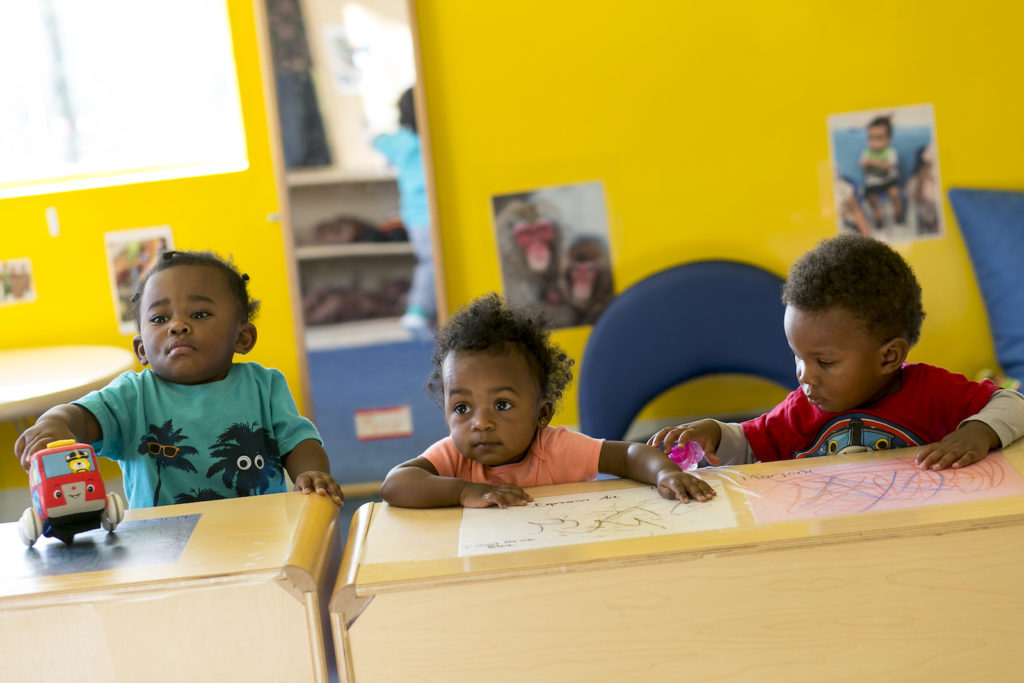This article was first published by TheDCLine.org on Oct. 29.
Approximately 25% of women and 14% of men in the United States — and a staggering 39% of women in D.C. — will face domestic violence within their lifetimes. This pernicious problem finds its way into all corners of the country and can be damaging and deadly regardless of race, gender, or socioeconomic and educational status.
Some communities, however, bear a greater share of this burden than others: Over 40% of Black women will experience intimate-partner violence of some form during their lives. Not only do we experience higher rates of domestic abuse, but we are also nearly three times as likely to be murdered as white women — with more than half of those murders perpetrated by a current or former intimate partner.
As a Black woman and an advocate for domestic violence survivors, I have long been aware that a unique set of social and societal factors make the situation for Black women far more dire.
And I have come to understand that to effectively address this problem, we must adopt a holistic approach that engages with the complexities imposed by racial injustice in this country. Societal ills feed on one another. In the case of domestic violence, a lack of access to child care has far more of a role to play in the crisis than one might assume.
Access to child care can be a deciding factor for women determining whether to stay or leave a violent partner. Since the COVID-19 pandemic began, an overrepresentation of Black Americans among front-line workers has compounded the vital need for child care for those who cannot work remotely — putting stay-at-home mothers who live in abusive households in an impossible and inescapable position.
Despite the significant need, there’s not enough child care in the United States; some estimates indicate that nationwide there are only enough licensed facilities to serve 23% of America’s infants and toddlers. The absence of available resources keeps women out of the workforce, forces parents to settle for lower-quality care, and keeps women dependent on their abusers. And when women can’t leave their abusers, it sets up intergenerational traumas for them and their children.
The national crisis is even more pronounced in D.C., a city that’s more than 45% African American. Our city has the highest cost of infant care in the United States ($24,000 annually per infant), and 27% of DC residents live in a child care desert. To make matters worse, the pandemic has resulted in the closure of thousands of child care facilities in the Washington area alone. As many working parents know, lack of affordable child care has numerous negative consequences; but for women seeking to escape violent circumstances, it can be one of the most significant obstacles.
In order to help Black women escape violence, we need to provide supportive, community-based resources throughout their journey to independence.
While the pandemic, the political landscape and seemingly a million other concerns this year have gotten all of us feeling hopeless at times, I urge you to think about how we can be more inclusive and better serve all women as they seek to move forward from domestic violence. These issues do have solutions, and through a combined effort we can make a difference. Complacency and pessimism will allow thousands of women — of all backgrounds and races — to die each year from intimate partner violence.
In Ward 7, the House of Ruth recently opened a new child care facility to help alleviate the child care desert that exists in Southeast Washington. We now have the capacity to care for 88 infants and children at no cost to parents. We also provide counseling services, safe places to stay, career guidance and other supportive resources to help local women. All across the city important initiatives are being undertaken to protect the most vulnerable. What we need is your support so we can help D.C. women and children.
If you or someone you know is struggling with domestic abuse, seek help. You can contact House of Ruth and our domestic violence counseling services by calling 202-667-7001, ext. 515, or emailing us at [email protected].
Sandra Jackson has more than two decades of experience in social services management in the Washington area. She began her work with House of Ruth in 2013; throughout her tenure with the organization, she has served as director of operations, executive director and, as of September 2020, president and CEO. She has also worked with the D.C. Child and Family Services Agency and Catholic Charities of Washington, D.C. She holds a master’s degree in social work from Howard University and a bachelor’s from George Washington University.








